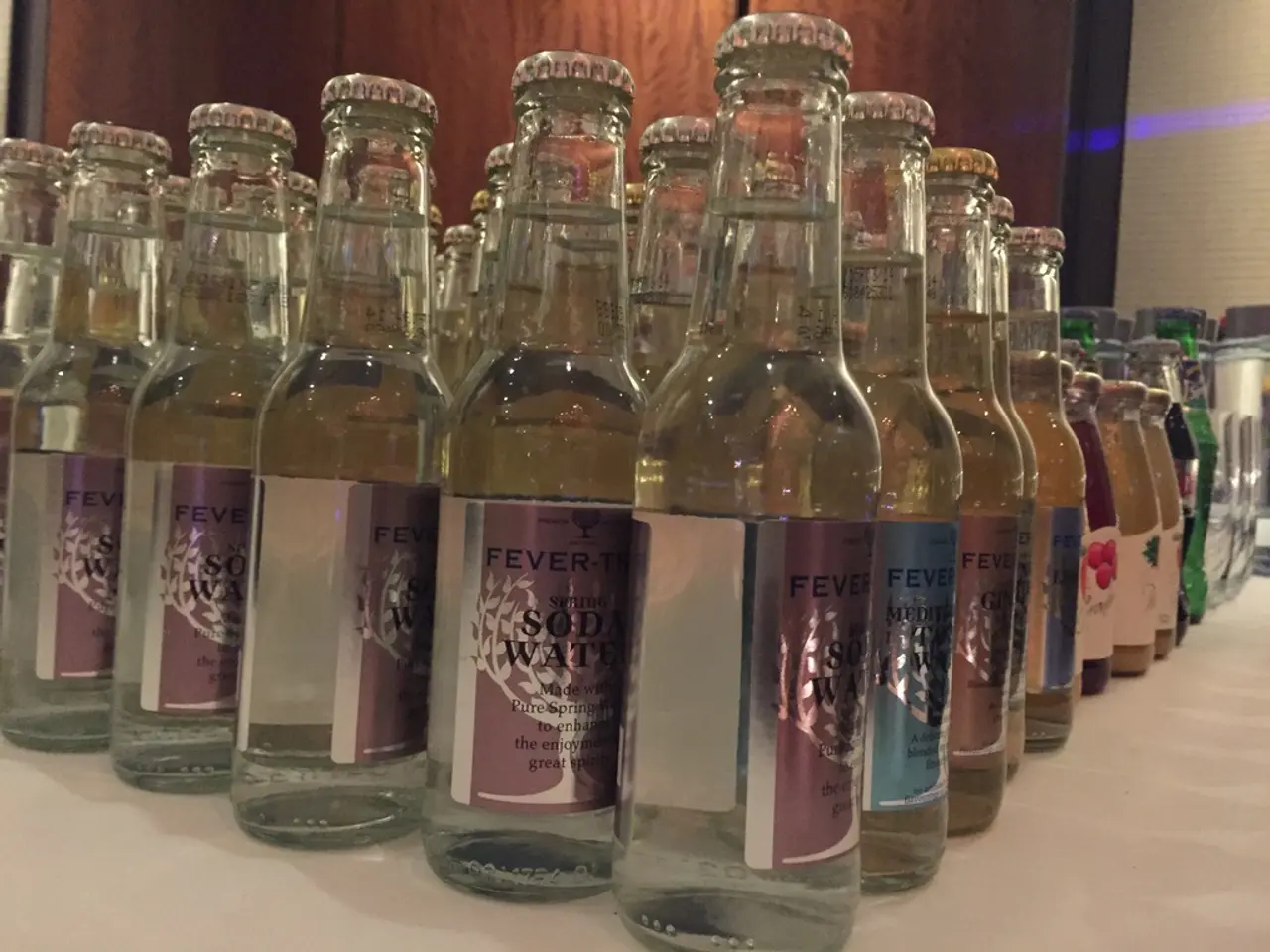Saxony-Anhalt's Summer Blaze: Advice for the Elderly
In the heat of summer, it's essential for older adults to stay hydrated. A drinking log or small drinking rituals can help keep track of fluid intake, which is crucial for this age group.
The German statutory health insurance fund, BARMER, offers a hotline for heat-related advice. The number is 0800 84 84 111, and it operates daily from 6 am to midnight. This resource is available to all citizens seeking heat-related advice, not just older adults. However, it's important to note that the BARMER hotline is not a replacement for regular medical advice or emergency services.
The recommended daily water intake for older adults generally falls between 1.5 to 3.5 liters (52 to 118 ounces) per day. This varies depending on factors like sex, weight, activity level, and climate. For instance, organizations like ESPEN advise at least 1.6 liters for elderly women and 2.0 liters for elderly men as minimum baselines.
In hot weather, older adults often need to increase water consumption beyond this baseline due to increased fluid loss and diminished thirst sensation with age. A practical guideline is to aim for 6 to 8 cups (48 to 64 ounces) daily as a baseline, increasing toward 10 or more glasses when heat and activity levels rise.
Tips to maintain hydration in older adults, especially in hot weather, include:
- Drink water regularly throughout the day, not only when thirsty, as the thirst mechanism weakens with age.
- Keep fluids easily accessible to overcome mobility challenges, such as placing water bottles within reach or using cups with straws.
- Include hydrating foods like fruits and vegetables in the diet to complement fluid intake.
- Monitor urine color as a simple indicator of hydration; pale yellow generally indicates adequate hydration.
- Adjust intake based on activity and temperature, increasing fluids during exercise or hot weather to compensate for increased fluid loss.
- Be mindful of medications and health conditions that may affect hydration needs or fluid retention, consulting healthcare providers accordingly.
It's also recommended to avoid sodas, soft drinks, iced teas, and alcoholic beverages due to their high sugar content. Unsweetened fruit and herbal teas or diluted juice spritzers can provide variety in older adults' hydration.
For those with heart, circulatory, or kidney diseases, it's crucial to consult their doctor about their fluid intake. Relatives should remind older adults to drink regularly but should not force them to do so.
Older adults who find it difficult to drink between meals can maintain their fluid balance with water-rich foods like cucumbers or watermelons.
In summary, for healthy older adults, drinking between about 1.5 to 3.5 liters daily is recommended, with increased intake during hot weather (at least 48–64 ounces baseline, up to 10+ glasses). Regular sipping, easy access to fluids, and awareness of personal health conditions help maintain proper hydration safely and effectively.
[1] ESPEN (2016) Clinical Practice Guidelines for Parenteral Nutrition in Adults. Journal of Parenteral and Enteral Nutrition. [2] National Academies of Sciences, Engineering, and Medicine (2005) Dietary Reference Intakes for Water, Potassium, Sodium, Chloride, and Sulfate. The National Academies Press. [3] National Institute on Aging (2017) Heat-related illnesses in older adults. National Institute on Aging.
Read also:
- visionary women of WearCheck spearheading technological advancements and catalyzing transformations
- Recognition of Exceptional Patient Care: Top Staff Honored by Medical Center Board
- A continuous command instructing an entity to halts all actions, repeated numerous times.
- Is it possible to receive the hepatitis B vaccine more than once?








